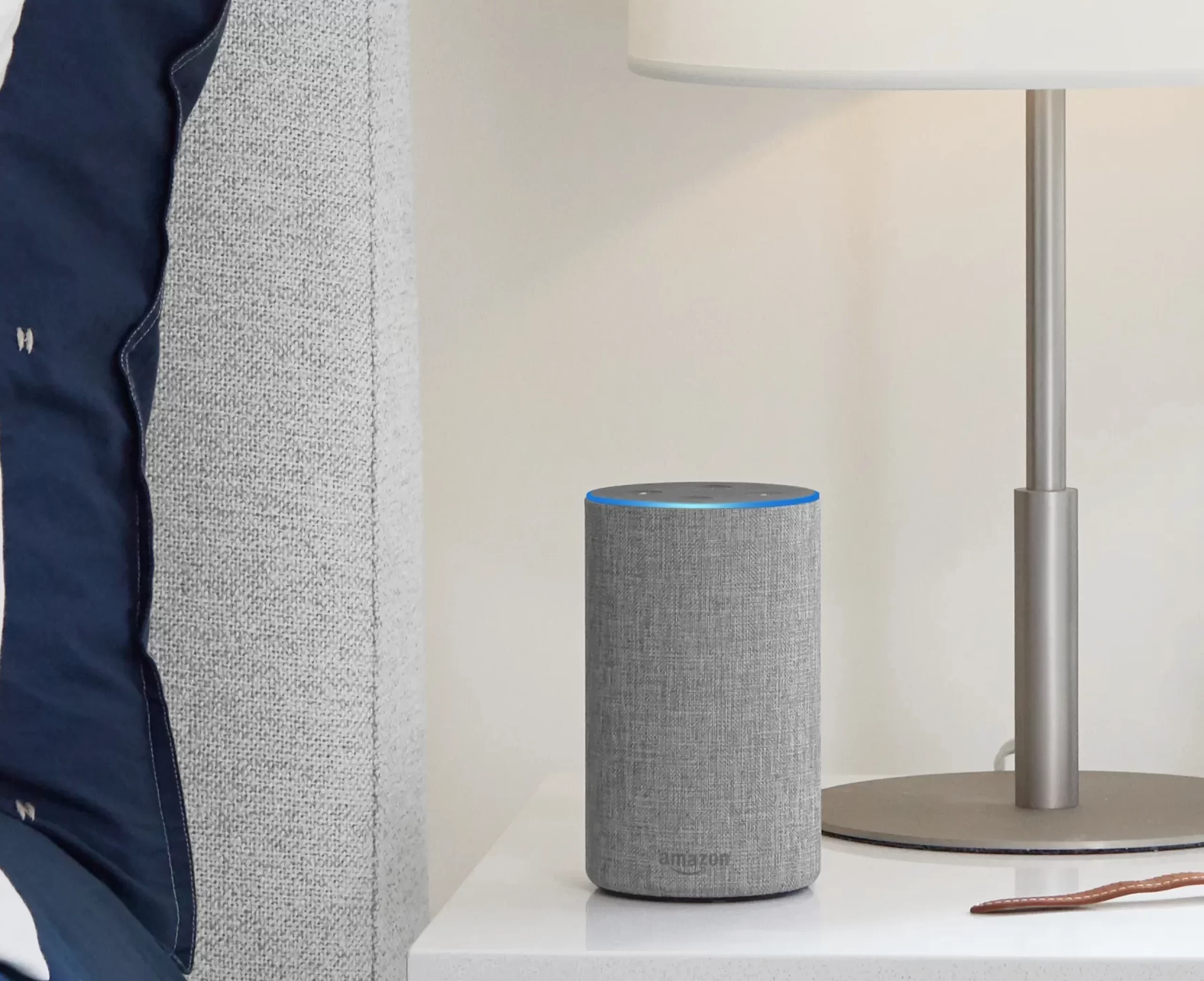Voice assistants have become increasingly popular in the hospitality industry in recent years, offering guests a convenient and intuitive way to control their room environment and access hotel services. With the rise of smart technology, voice assistants have become more advanced, and hotels are taking notice. In this article, we will discuss the technology behind voice assistants in hotel rooms and their impact on the hospitality industry.
Technology behind Voice Assistants in Hotel Rooms
Voice assistants are powered by artificial intelligence (AI) and natural language processing (NLP) technologies. NLP is a subset of AI that enables computers to understand and interpret human language. Voice assistants use NLP to listen to guests’ commands, interpret their meaning, and carry out the requested actions.
The most common voice assistants used in hotel rooms are Amazon’s Alexa, Google Assistant, and Apple’s Siri. These devices are equipped with microphones that pick up sound waves and convert them into digital signals. These signals are then processed by the AI algorithm, which determines the appropriate response to the guest’s request.
To ensure privacy and security, hotels typically install devices with a “mute” button or a physical switch that allows guests to turn off the microphone when not in use. Additionally, some hotels may use specialized voice assistants designed for the hospitality industry, which are equipped with additional security features.
Impact of Voice Assistants in Hotel Rooms
Voice assistants have had a significant impact on the hospitality industry, providing guests with a more personalized and intuitive experience. With voice assistants, guests can easily control various aspects of their room, such as temperature, lighting, and entertainment. They can also request room service, housekeeping, or other hotel services through voice commands, without having to pick up the phone or leave their room.
In addition to enhancing guest experience, voice assistants can also improve hotel operations. With AI-powered analytics, hotels can track guests’ requests and preferences to better understand their needs and tailor their services accordingly. Voice assistants can also be integrated with hotel management systems, allowing staff to monitor and respond to guest requests in real-time.
However, there are also concerns regarding privacy and security. Some guests may be hesitant to use voice assistants in their rooms due to the potential for eavesdropping or data breaches. Therefore, it is essential for hotels to ensure that these devices are properly secured and that guest privacy is protected.
Conclusion
Voice assistants are a cutting-edge technology that is transforming the hospitality industry. With their ability to provide personalized and intuitive experiences for guests, voice assistants are quickly becoming a standard feature in hotel rooms. However, hotels must also ensure that these devices are secure and protect guest privacy to ensure their continued adoption and success.


0 Comment